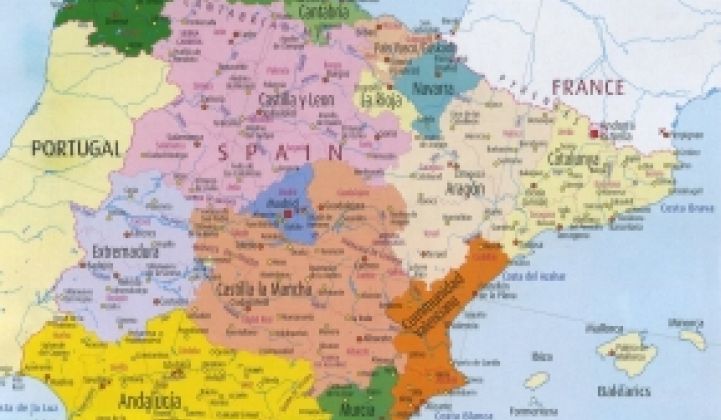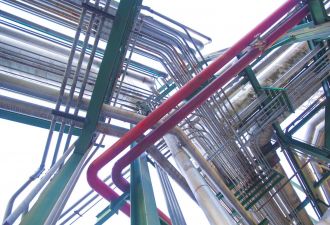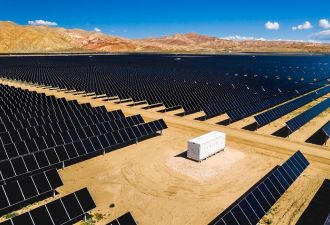Mentioning Spain and solar, and it inevitably conjures up images of an exuberant market that went limp within a year.
But the country is more than a destination for companies. Thanks to its solar incentives, it has bred homegrown manufacturers and project developers that are keen on conquering the American market as those from Asia and Europe.
You just might not hear much about many of them. Roughly a dozen Spanish companies that have opened offices and making sales in the United States in recent years.
One of them, Cuantum Solar, has opened a solar panel factory in Florida. Siliken entered the U.S. market in 2008 and opened a solar panel factory in San Diego. Other companies include Ingeteam Energy, Mecasolar, Albisa, GA-Solar and Sepsa Electronica de Potencia.
Siliken set foot in the United States about two years ago and now runs the 24-megawatt factory as well as a sales office in Carlsbad, Calif. The company also is pursuing opportunities to engineer and building power plants and supply the needed solar panels, and has signed letters of intent with investors who would fund projects, said Carlos Navarro Paulo, Siliken's president. Without a national feed-in tariff, which guarantees solar electricity pricing, designing a project and figuring out its returns can be more difficult.
"It's a tough market because quality isn't a key point, just costs. Being physically present in the market is important," Paulo said.
Spanish firms aren't the only ones that have set up shop in the U.S., which could well become the biggest market in the world someday (see Report: U.S. Market Sees 50% Annual Growth). They are not only setting up sales offices, but also manufacturing. The idea is to produce goods close to their markets. But it also is a way to overcome any buy-American policies or sentiments, something that already is in effect for projects funded by the federal stimulus package and built for governments and schools (see Of PV and Buy American).
Suntech Power, for example, plans to set up a factory in Arizona. Sanyo from Japan and SolarWorld and Solon, both of Germany, already has manufacturing centers in the United States.
Spain has been better known as a hot solar market that cooled considerably when its government shrank its solar incentives because they were costing too much money. The country was the largest in 2008, when its feed-in tariff promised awesome returns of investments. As a result, the pace of installation far, far exceeded the government's expectations, and prompted it to set a 500-megawatt cap for 2009 to reign in the growth. The country installed around 2.7 gigawatts of solar power in 2008, up from 560 megawatts in 2007.
Spain has produced some well-known solar companies, mostly for their expertise in power plant development, engineering and construction. Abengoa Solar has won contracts from the Arizona Public Service and the Pacific Gas and Electric to build solar thermal power plants in Arizona and California. The company already has built two such power plants and is constructing 13 more, all of which are in Spain.
Another Spanish project development firm, Fotowatio, bought U.S.-based MMA Renewable Ventures last year to expand its reach in the market here.
"We have strong EPC in Spain and built many power plants in the world." Jose Luis Briceño, director of the Department of Industries and Technologies at the Trade Commission of Spain. "The U.S. market, in many ways, is new. You don't have as many operators with the know how."
Competition isn't lacking for Spanish companies, however. On the power project development front, they are up against some German and American companies that have accrued their own expertise in this field. They also are up against new comers who see no reason why a lack of experience should prevent them from winning bids. SunPower and First Solar are two American solar panel makers that have snapped up some sizable contracts to build and operate power plants.
On the manufacturing front, Spanish companies also have to outshine a host of German and Chinese companies. Chinese companies, in particular, are known to lower their solar panels' prices aggressively in order to gain business.
Carlos Vivas, general secretary of the Spanish Association for the Internationalization and Innovation of Solar Companies, thinks the competition isn't solely about pricing.
"The business isn't about who can make panels cheaper than anyone else. It's who can provide the service in 25 years," Vivas said.



